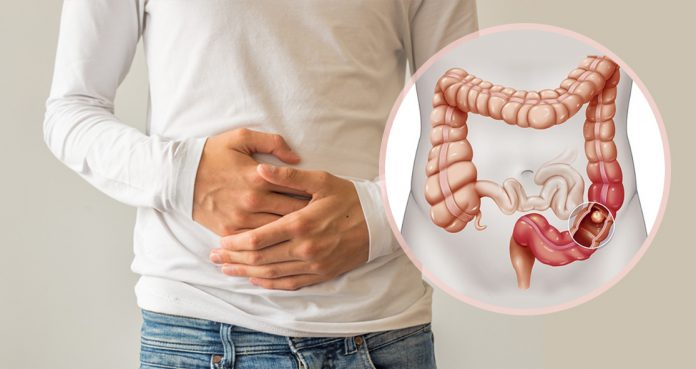According to a new study published in Gut, early-onset colon cancer has been rising in many developed or high-income nations, with the rate remaining steady among older adults. The study also found that the rates of colorectal cancer have been rising among younger adults, which started in the mid-90s.
Explaining the new findings, study co-author Rebecca Siegel of The American Cancer Society said, “If you have symptoms consistent with colorectal cancer, you should follow up with a physician no matter what your age is. The most common symptoms in young people, based on our surveys, are the same as in older patients: constipation, blood in the stool or rectal bleeding, bloating, diarrhea, more narrow stool than usual, gas, pain, cramping.”
If you have these symptoms for a day or two, it probably does not suggest that you have colon cancer. However, “if you have these symptoms for two to three weeks, then get it checked out,” cautioned Siegel.
Siegel and her team looked at the global data to understand why early-onset colorectal cancer has been rising in the United States. She said, “There is a common thread. So now we can point to some clues.”
“This only seems to be happening in high-income countries and it started around the mid-1990s when something changed in terms of exposure,” added Siegel. “It’s probably a combination of things that started to change the risk for the disease.”
She explained that one likely cause is dietary changes. Siegel said, “The food supply changed immensely in the last half of the 20th century. While it’s almost like looking for a needle in a haystack, there have been at least a couple of studies looking at sugar-sweetened beverages that found even moderate consumption increases risk. And it’s not just sugar-sweetened beverages, but also high fructose corn syrup with a positive association. High glycemic load carbohydrates can create a highly inflammatory environment in the gut.”
Dr. Edward Chu from the UPMC Hillman Cancer Center said, “It’s very alarming. We’re seeing a pretty significant increased incidence among those aged 40 to 49. They also tend to have much more aggressive disease and tend not to do well even with aggressive treatments.”
“While doctors might historically have attributed abnormal symptoms GI symptoms in younger patients to benign causes, you can no longer blow these symptoms off,” added Dr. Chu. “You have to be vigilant and more aggressive in trying to determine the causes of those symptoms.”
He said colorectal cancer could be “a silent disease.” So, it is important to focus on preventing the disease by changing your lifestyle.
On the prevention aspect, Dr. Chu said, “Cut down on red meat, increase fruit, vegetable and fiber consumption. Try to be physically active, don’t smoke, and lose weight if you’re overweight.” The article was originally published in Reuters.





















